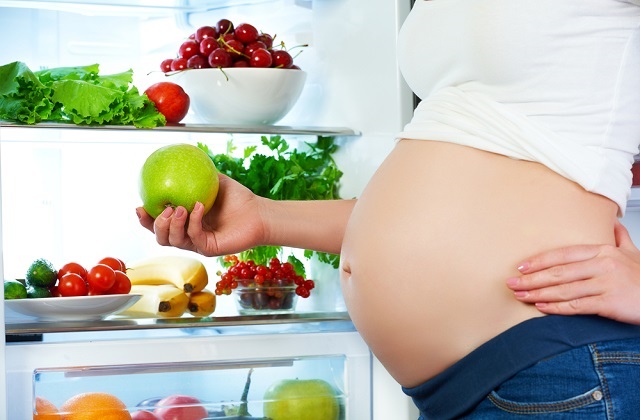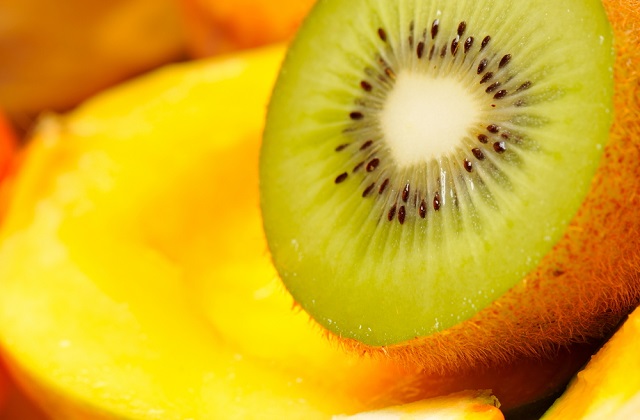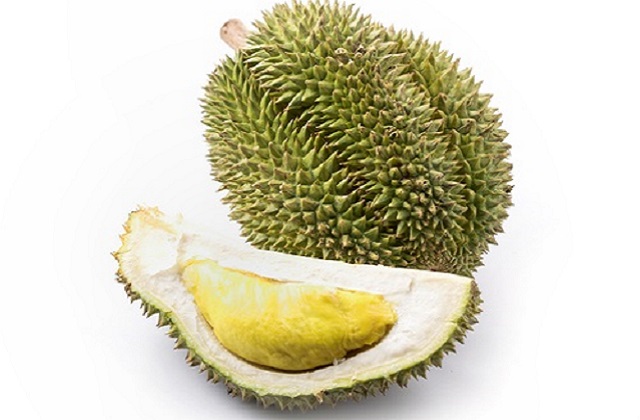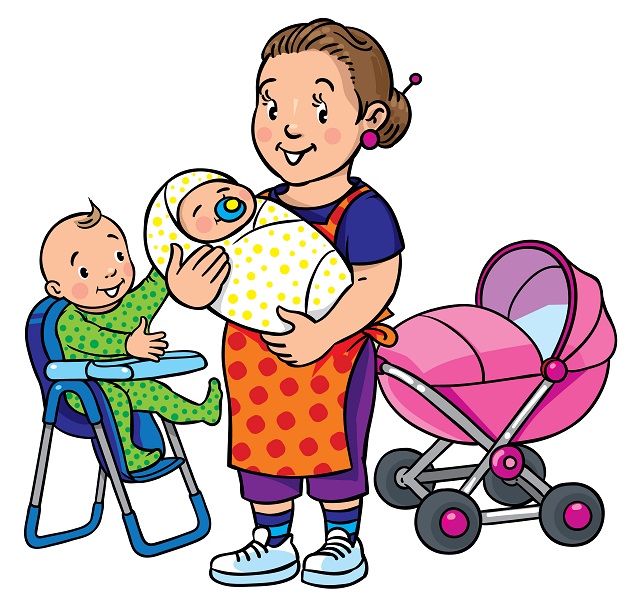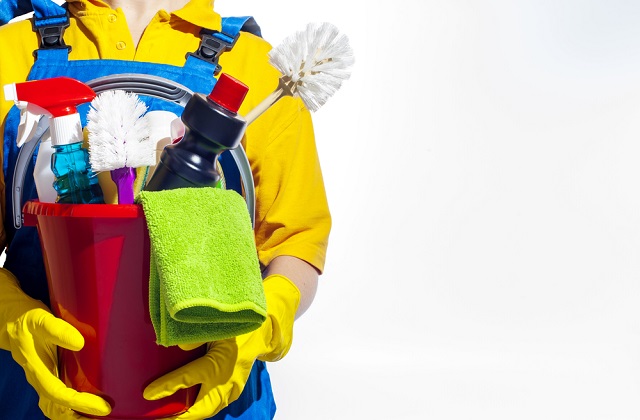Foods To Avoid During Pregnancy
According to U.S. Department of Health & Human Services, the female immune system weakens during pregnancy. This makes pregnant women more susceptible to bacteria, viruses and parasites that causes foodborne illnesses.
Pregnant women are especially susceptible to Listeria infections. In fact, pregnant women are up to 20 times more likely to be infected by Listeria than the general population.
In some cases, the pregnant woman may not feel sick at all with viruses like Toxoplasma, but these viruses can infect her baby and cause serious health problems.
Some of the foods listed below can cause several infections, which include norovirus, Vibrio, Salmonella, Listeria and parasites. Some of these infections only affect the mother, leaving the pregnant woman dehydrated and weak. Other infections may be passed on to the unborn baby with serious, or even fatal, consequences.
What foods should you avoid during pregnancy?
Fish
First and foremost, do not eat any undercooked or raw fish as they may contain parasites or bacteria.
Secondly, avoid fishes that contains a high level of mercury such as king mackerel, marlin, orange roughly, shark, swordfish, tilefish and tuna. Mercury consumed during pregnancy has been linked to developmental delays and brain damage in the baby.
Low-mercury fishes, such as salmon, shrimp, pollock, tilapia, or trout are safe to eat, but they should be cooked thoroughly.
According to healthexchange, the Agri-Food & Veterinary Authority (AVA) monitors the mercury levels of imported fishes. The batang fish and Spanish mackerel, commonly used in sliced fish soup, are safe to eat in moderation during pregnancy.
Shellfish
It is best to avoid raw shellfish during pregnancy. Raw shellfish like clam, scallop and oyster contain Vibrio bacteria.
Smoked Seafood
Refrigerated and smoked seafood should be avoided because it could be contaminated with listeria. However, they are safe to eat when they are in an ingredient in a meal that has been cooked, like a casserole.
This type of smoked seafood is often found in the deli section of your grocery store. Canned or shelf-safe smoked seafood is usually fine to eat.
Meat
Uncooked seafood and rare or undercooked beef or poultry should be avoided during pregnancy because of the risk of contamination with coliform bacteria, toxoplasmosis and salmonella.
Cheese
Do not eat soft cheese made from unpasteurized milk. This includes Brie, Feta, Camembert and Roquefort.
Cheese made from unpasteurized milk may contain the virus E.coli or Listeria.
You can instead eat hard cheeses such as cheddar and also make sure that the cheese is made from pasteurized milk.
Milk
Avoid unpasteurized milk as it contains bacteria such as Campylobacter, E. coli, Listeria, or Salmonella.
Pregnant women should be drinking pasteurized milk.
Juice
Pregnant women should also not drink unpasteurized juice or cider (including freshly squeezed ones) as they may contain E. coli virus.
Egg
Pregnant women should avoid unpasteurized or undercooked eggs as they may contain Salmonella.
Pregnant women should only consumed eggs with yolks that are cooked until firm. Cook casseroles and other dishes containing eggs or egg products to 160° F.
Vegetable
Raw or undercooked sprouts, such as alfalfa, clover, mung bean and radish may contain E. coli or Salmonella.
Vegetables are safe and a necessary part of a balanced diet. However, it is essential to ensure that they are washed properly to avoid potential exposure to toxoplasmosis. Toxoplasmosis may be caused by contamination in the soil where the vegetables were grown.
Caffeine
Coffee, tea, chocolate and some soft drinks have a high level of caffeine. Pregnant women should limit their consumption to one or two cups in a day.
This is because the caffeine can be passed to the growing fetus very quickly. Furthermore, the unborn baby do not have the enzyme to metabolize the caffeine, causing the caffeine level to build up.
According to one study published by the National Institute of Health, high maternal caffeine intake during pregnancy is associated with the risk of low birth weight in babies.
Alcohol
Pregnant women should stay away from alcohol as it increases the risk of miscarriage and stillbirth. Many studies have confirmed that even a small amount can negatively impact the brain development of your baby.
It can also cause fetal alcohol syndrome. This syndrome involves facial deformities, heart defects and mental retardation.
Others
Pregnant women should also avoid raw cookie dough or cake batter as these foods may contain Salmonella.
It takes a village to raise a child !
Join our Facebook Group For 2025 SG Mummies or Facebook Group For 2026 SG Mummies
2024 SG Mummies Whatsapp Group by EDD Month or 2025 SG Mummies Whatsapp Group By EDD Month

